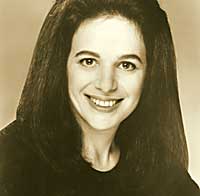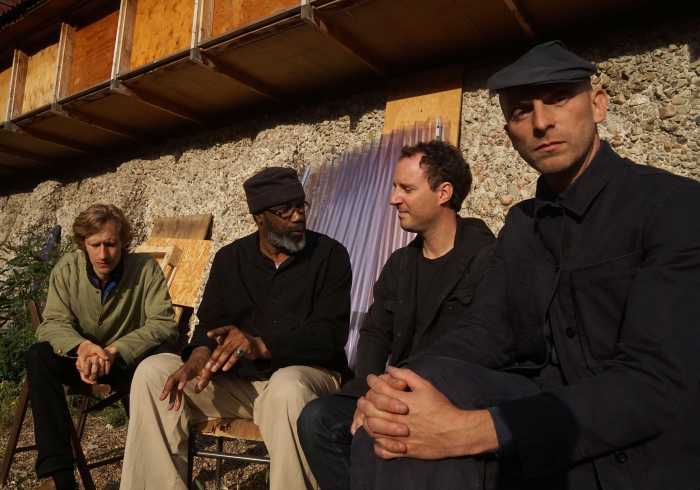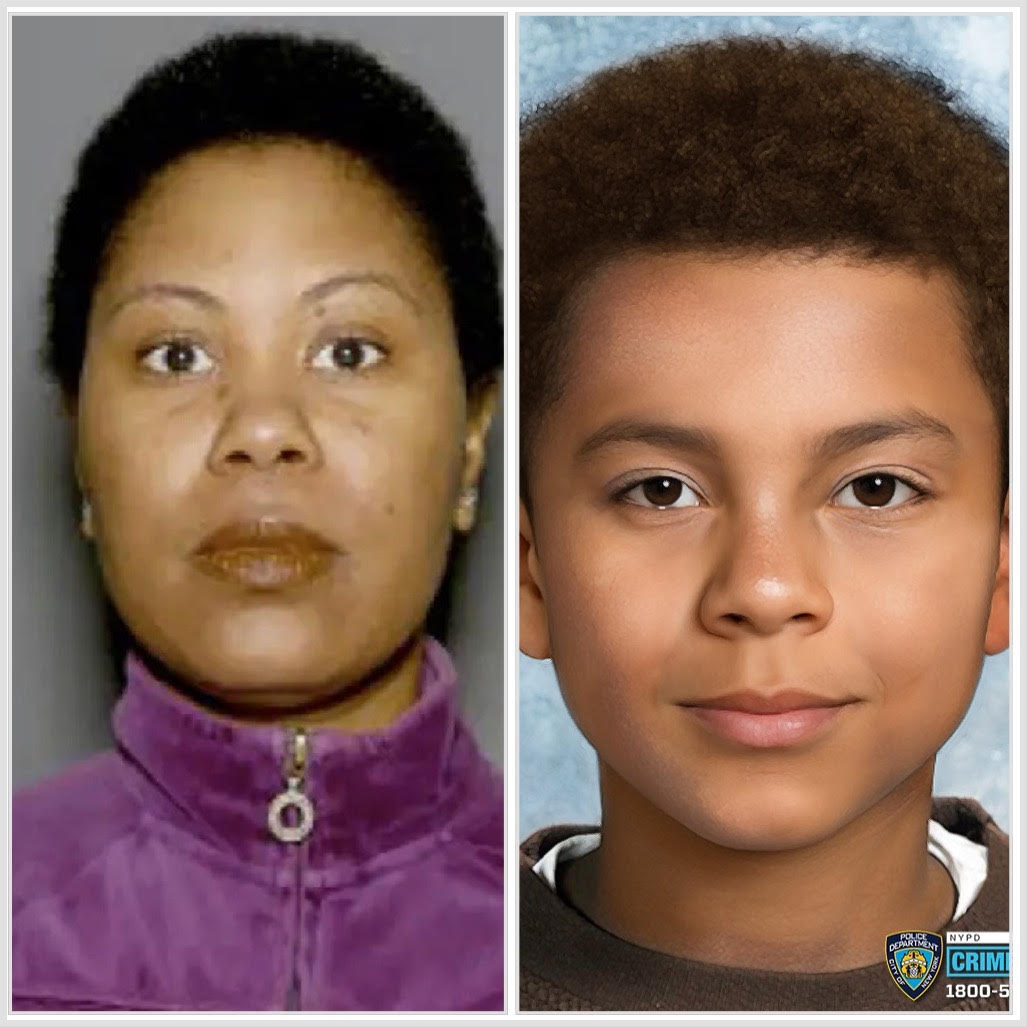For Brooklyn native Deborah Drattell –
whose first full-length opera, "Lilith," receives its
world premiere at New York City Opera on Nov. 11 – telling stories
through music has always been part of her personal style, even
before she began composing vocal music.
"My orchestral and chamber music always told a story,"
says the 45-year-old Drattell during an exclusive interview with
The Brooklyn Papers at City Opera’s offices, where she was overseeing
rehearsals. "Then, one day, I finally woke up and said,
’You know, I can actually use texts.’ Then, when I started writing
vocal music, I found it very liberating and once I started, I
couldn’t stop."
"Lilith" is the latest fruit of those liberating labors.
Based on the apocryphal tale about the mythical woman who was
said to be married to Adam before he became Eve’s mate, Drattell’s
opera is her second to be staged at City Opera. (The first, 1999’s
"Festival of Regrets," one of three short operas under
the rubric "Central Park," had a libretto by playwright
Wendy Wasserstein.)
Drattell, who grew up in Manhattan Beach and lived in Brooklyn
Heights for eight years before moving to her current home in
the Ditmas Park section of Flatbush, has been intrigued by the
story for quite some time, as she readily admits.
"It started out as an 11-minute, purely orchestral piece
for the Denver Symphony that I wrote several years ago,"
she explains. "But her story just stayed with me, and I
eventually wanted to make an opera out of it." She did just
that, thanks to a commission by the Meet the Composer series.
Drattell’s initial interest in the Lilith tale made her dig deeper
to find out more.
"There’s only a little bit written about Lilith, and I found
out a lot more about her story through a woman in Israel who
specializes in studying women in the Kabbalah and the Torah,"
she says. "After that, I knew I wanted to start the opera
at the grave of Adam, which to me is an amazing way to begin,
but I also wanted it to have a credible dramatic progression,
not just seem like some crazy made-up story."
When "Lilith" had its first performance in a concert
version at Glimmerglass Opera near Cooperstown, NY, in the summer
of 1998, it was done as a chamber opera, with relatively few
musicians in the orchestra.
"That was a concert version that I’d done for chamber ensemble,
about 13 players," Drattell says. "I always work from
full score [writing out the music for each instrumental section],
which is a little bit backwards from how most composers do it,
so I ended up taking away instruments to arrive at that version
for the first concert performance. What’s going to be performed
at City Opera will be a full-length opera with a full orchestra."
"Lilith" will feature the City Opera’s reigning diva
– and one of America’s current superstar sopranos – Lauren Flanigan.
But she will not be performing the title role, which may surprise
her legions of faithful fans.
"I always envisioned the role of Eve for Lauren Flanigan,"
says Drattell. "Some people thought she’d be better as Lilith,
but I always thought of her as Eve. I really wanted to see her
as the mother and the nurturer, even though people might have
expected her to play Lilith. Also, Eve always was written as
a soprano, and Lilith as a mezzo."
But what Drattell says next should sate Flanigan fanatics: "Vocally,
Eve is actually a larger role – Lilith [played by mezzo Beth
Clayton] doesn’t even appear until the end of the first act."
As Drattell showed in "Festival of Regrets," her vocal
music is utterly contemporary, but accessible. But when asked
to describe her style, she treads lightly.
"I think it’s hard for a composer to categorize herself,"
she states. "While there are things in common throughout
all my pieces, the vocal writing is quite different from the
instrumental writing. I use a lot of modality, both Jewish music
and Middle Eastern music are an influence, and I even use minimalist
techniques as a base. I mix lots of different styles together."
As befits her gregarious personality, Drattell has much more
coming up after she sees "Lilith" staged for the first
time. On the docket, she says, is another operatic collaboration
with Wasserstein: "She was a dream to work with. We’re working
together on another opera, a full-length one this time, a contemporary
story based on the Clare Booth Luce play ’The Women’ [which is
also getting a Broadway revival starting this month]."
And that’s not all. "I’ve just finished another opera, on
commission from the L.A. Opera and Placido Domingo, called ’Nicholas
and Alexandra’ [about Russia’s final czar]," she says. "And
I’m also developing another, more contemporary Lilith story."
With all that, for Deborah Drattell, there can be nothing more
satisfying than composing operas. Smiling, she adds, "It’s
what I really want to do."
Deborah Drattell’s "Lilith"
premieres at New York City Opera, New York State Theater, 63rd
Street and Columbus Avenue in Manhattan on Nov. 11 at 1:30 pm,
with additional performances Nov. 15 and Nov. 17. Tickets are
$25-$98. For more information, go to www.nycopera.org on the
Web or call (212) 870-5630.























